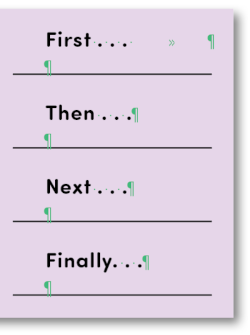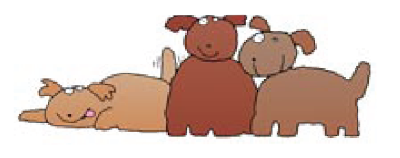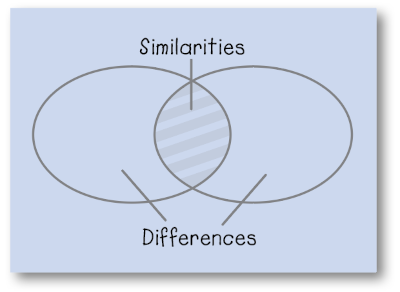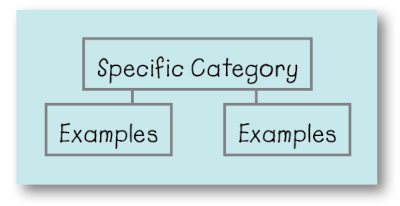WT 061
Page 61
Understanding Text Structures
In a messy room, everything is out of place. Messy writing is just as frustrating, which is why you should organize details using text structures.
Common Text Structures
Use these five text structures to organize the details in your writing.

Time Order
This structure orders details from one event to the next. Time order works well for telling stories.
My brother and I built a tree fort. First, we hauled two pallets into the tree. Then we put braces up to hold them in place. Next we put railings around the platforms and ran a ladder between them. Finally we hung a rope for climbing up.

WT 062
Page 62
Cause and Effect
Cause-and-effect organization tells why something happened (the causes) and what results (the effects). You can use a cause-effect chart to organize ideas.
The summer musical has 12 roles, but 24 kids tried out. Since the community theater has a no-cut policy, the director cast the show twice. As a result, two different casts will put on the show on different nights. That’s great news for everybody except for the costumer because we need two of every costume!

Order of Importance
Order of importance places the most important reason first or last. Use this structure for persuasive writing.

People should adopt pets from shelters. First of all, pets in shelters are less expensive than those that come from pet shops or breeders. Shelters also spay or neuter pets so they don’t reproduce. Most importantly, pets in shelters need to be rescued. People who adopt a rescue pet often say the animal has rescued them, too.
WT 063
Page 63
Compare and Contrast
To compare means to show how two topics are the same. To contrast means to show how they are different. Compare-and-contrast organization works well for explanations. You can use a Venn diagram to compare and contrast.

Alligators and crocodiles are both large reptiles with tough, scaly skin, strong tails, stubby legs, and long snouts. Either species can be found in the southern United States.
Alligators are about 10 feet long with U-shaped snouts, but crocodiles grow to 20 feet long with V-shaped snouts. While alligators are common in the U.S. South in fresh water, crocodiles live in salt water, mostly in Central America, Africa, Asia, and Oceana.
Examples
Examples text structure shows how kinds, parts, types, varieties, or examples fit in a larger group.

Rocks come in three different types. Igneous rocks start out molten and include granite, basalt, and pumice. Sedimentary rocks form in water by settling layers. This variety includes limestone, sandstone, and mudstone. Metamorphic rocks transform due to heat and pressure. This type includes gneiss, slate, marble, and schist.